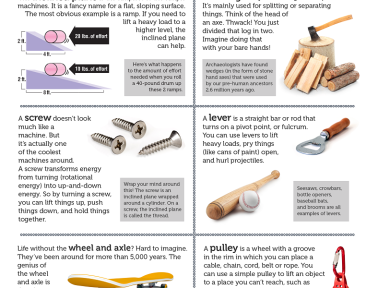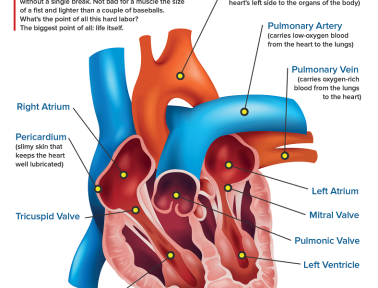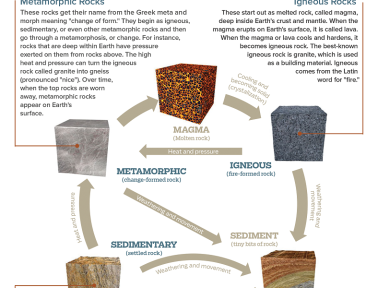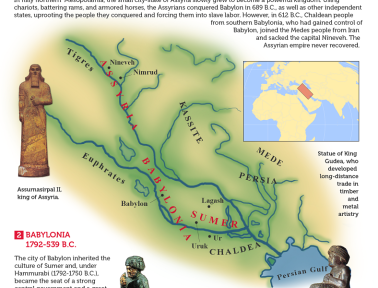Wintertime’s grasp has been solid this year.Just this week we were pelted with a heavy, wet snow– sufficient to break a couple of soft springtime branches from our trees. By day’s end, nevertheless, spring is back, the snow has thawed, as well as the sun is out once again. Where are my kids as winter months resorts to spring again? Gathered around a video game, viewing a pixellated display of an online reality while a beautiful afternoon threatens to pass them by.
Once the video game’s hypnotic trance is damaged (by a little of my own “magic”), they run outside to play. Paradoxically, by going to bed it takes as much convincing to obtain them inside as it did to get them outside.
Whether it’s the pull of electronic devices, the crunch of busy timetables, or the inconvenience of a cement-bound area, discovering possibilities for children to be in nature can be an obstacle if we are not consciously seeking them out.Children appear naturally wired to respond to nature’s require environmental explorers, but the fixed of our contrived environment usually stifles that call.
In the very popular book, Last Kid in the Woods,Richard Louv talks about the important role nature plays in the healthy and balanced growth of children. In this publication, which over the previous 5 years has spawned an activity, the writer introduces the term, ” nature-deficit problem”, as well as links it to a selection of maladies from which kids generally endure today. From Louv’s perspective, it is no coincidence that the “denaturing of youth” has actually accompanied the increase of youth excessive weight, stress and anxiety, as well as interest disorders.
With both unscientific and also research-based proof, Richard Louv web links time in nature with enhanced motor abilities, concentration, clearness, peace, favorable feelings, attention-span, innovative play, as well as a reduction in signs and symptoms related to ADD. These impacts are typically revealed to be special to time in nature, not simply the results of physical activity or recreation alone.
I may not be quite as “eco-friendly” as some would certainly like me to be, as well as I am frequently slow to obtain onboard with the “movement of the moment”, but this ecological movement is one I can get certainly get behind. As Louv creates, ” The children and nature movement is sustained by this basic concept: the child in nature is an endangered types, as well as the health of children and the wellness of the Planet are indivisible.”Louv’s book is interesting, and one I would recommend to everybody.
No matter what color of “environment-friendly” you are, we can all agree that our kids need experiences in nature to add to their healthy growth. Below are just a couple of reasons that.
A Healthy Shot in the Arm
As spending plan cuts and also boosted screening efficiency need a growing number of the attention of public college administrators, PE and also recess are falling progressively down on their list of priorities. In some schools they hardly exist in any way. Concurrently, the rate of childhood weight problems in the US has actually tripled over the last three years.
It might take a great deal of coercion to obtain children to do an aerobics video clip, yet take them out in nature, and also you will certainly have a tough time maintaining them from running, jumping, as well as climbing.Remaining in nature motivates the development of small and huge electric motor skills as well as advertises general physical health and wellness.
The Imaginative Spark
Whatever your religious beliefs, it is easy to see that being surrounded by normally created, remarkable appeal inspires human imagination. Louv cites biographical experiences of the “notoriously imaginative”, showing the influence of nature on their creative enthusiasms. Amongst this checklist are the names of Samuel Clemens, TS Eliot, Jane Goodall, Thomas Edison, Eleanor Roosevelt, Beatrix Potter, Ansel Adams, as well as the listing could take place.
While lots of interior tasks need an extra passive function for children, with terms created as well as motifs built, nature offers kids a higher role in constructing their play as they attract from the lots of “loosened parts” nature has to use as props. They are attracted into an active duty as they create with the Very developed.As Louv writes, “Nature uses a well where numerous, famous or not, draw a creative feeling of pattern and connection… Nature is miserably best, full of loosened parts and opportunities, with mud as well as dust, nettles and also sky, transcendent hands-on moments as well as skinned knees.”
An Awakening of Stewardship
When children experience nature they feel a sense of connectedness. They are moved a little bit past their ego-centric globes to see the grand scheme of a larger ball. This connection develops a bond of stewardship. You take care of what you enjoy, and also you love what you recognize.It may be hard to clarify the environmental plights of remote scenes, yet when a youngster discovers trash on a favored path or rubbish in a precious brook, she knows personally the need for responsible stewardship.
The All-natural Scientist
Experiences with nature stir up a sense of interest as well as wonder in all people. Whether we’re checking out pests in our yard or the waves of the ocean on a sandy coastline, we are captivated by nature’s power as well as individuality.
This marvel fuels clinical inquiry practically without effort. The major areas of preschool scientific research ( Physical Science, Life Science, as well as Planet Science) all locate their origins in nature. A preschool kid can not absolutely obtain a knowledge of scientific research without an experience with nature.
When I was researching to come to be an educator, I remember finding out about Howard Gardner’s theory of Several Knowledge. His thesis was that intelligence can be embodied not only in etymological or mathematic efficiency however that different people can have a myriad of intellectual strengths. As I researched this theory Gardner had specified 7 knowledge. There are currently as several as 9. Number eight is “Naturalistic Knowledge”.
Undoubtedly, more reasons can be added to this list, and you’ll locate plenty extra in Richard Louv’s publication, but this will certainly need to be enough for now. It’s time for me to obtain outdoors with my kids.
Leading picture by jurga.










